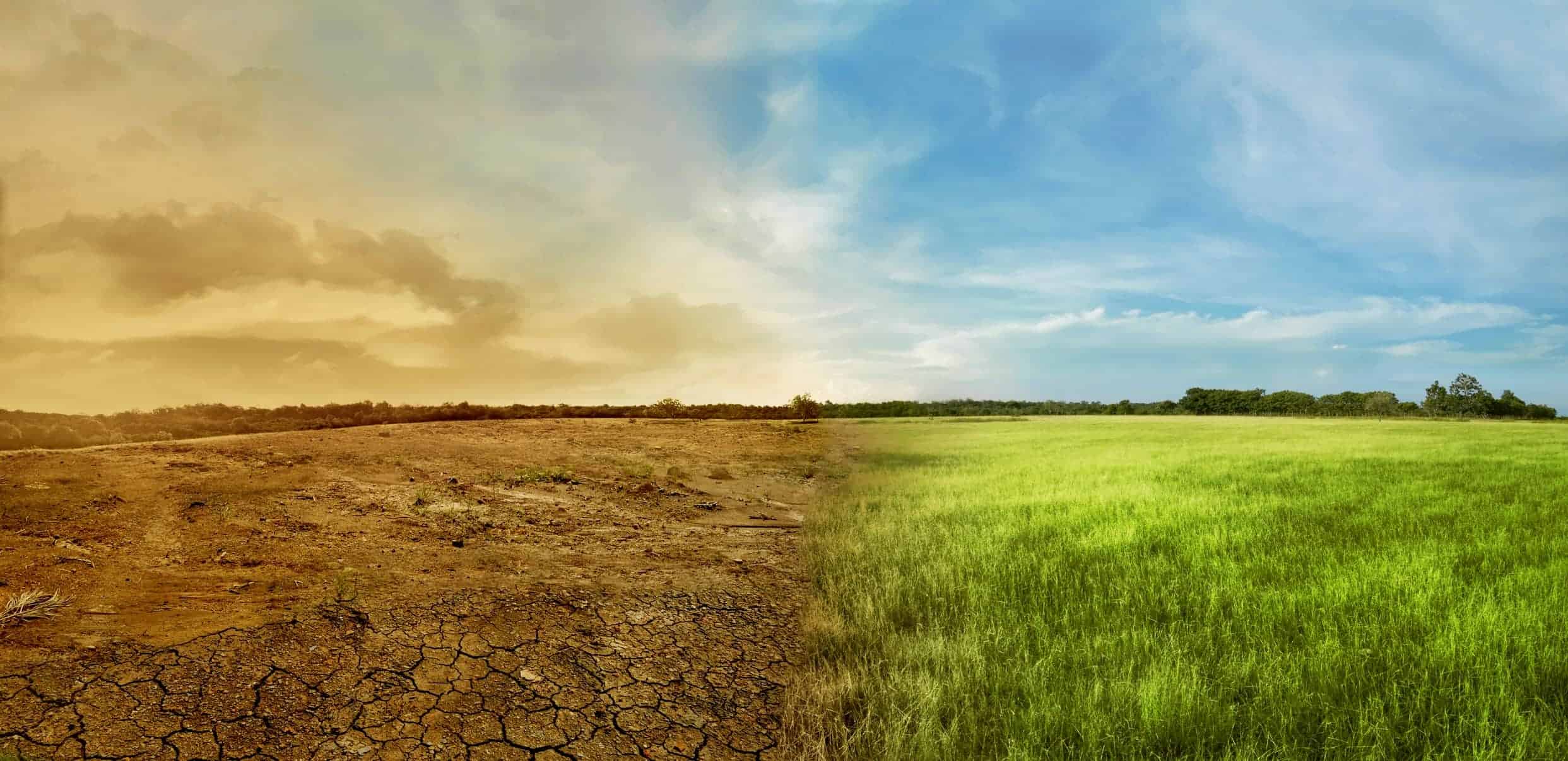Landfills are Becoming Land-full
When you buy a loaf of bread at the grocery store, you’ll also be coming home with a plastic bag and plastic clip. A week later, when the butt end pieces of bread that didn’t get eaten have gone stale, each of these elements should be disposed of differently. Unfortunately, instead of the plastic bag going in the trash, the clip going in the recycling, and the stale bread going into the compost, in most cases, all three will be thrown away.

But, There is no “Thrown Away”
What does “thrown away” mean? There is no “away.” Trash is moved from your garbage bin to a much bigger garbage that we call a landfill. This is the historic solution for waste that can’t be reused or repurposed in any way. In a landfill, trash gets piled and packed so tightly that oxygen can’t reach it. Anything that could have been recycled is lost forever and anything that would have been composted can’t break down without oxygen.
This is why it’s so important for us to organize what we can’t use into the three streams we have available to us; recycling, compost, and as a last resort, trash destined for landfill.
As an individual, you can make a huge difference with this one change. When you separate your waste, an average of 425lbs* of food scraps/year will become compost instead of waste in a landfill.
Your Food Scraps Are Heading to Compost… So What?
What happens when the beating sun, chemical abuse from pesticides, and changing weather patterns, like drought, cause the soil to dry up and plants to wither away? Plants no longer pull C02 out of the atmosphere and the soil loses its ability to sustain plant life. What we need is a natural solution to rejuvenate that soil and get the cycle working the way it’s supposed to.
Enter the compost your food scraps have been turned into.
Compost acts as a protective layer for soil. It allows the soil beneath to absorb and store more water and nutrients than it would be able to do on its own. With this new power to retain water and transfer nutrients, the soil can reverse years of abuse in record time and begin to sustain healthy plant life again. Cool, right?

TLDR;
If you take few seconds to separate your food scraps into your green bin, you are doing your part to contribute to a healthier, greener environment. Not only will you be keeping those food scraps out of a landfill, but you will also be creating compost that will be used to regenerate soil, grow healthier plants, and absorb more CO2 from the atmosphere. Less C02 directly helps to slow and reverse climate change. It’s a big deal!
EcoSafe® is dedicated to creating products and programs to make the separation and collection of food scraps as easy as possible. To “make composting second-nature” and find out more about the compostable products and programs we have developed to serve this goal, visit www.ecosafe.green.
*US Environmental Protection Agency data from 2018 calculated per US resident
ECOSAFE® ZERO WASTE INC.
[email protected]
Toll Free: 1-855-495-4959
ADDRESS
101 – 19074 22nd Avenue
Surrey, BC CANADA V3Z 3S6
Tel: 1-604-560-5133
Fax: 1-604-560-5131
Food loss and waste occur at each stage of the supply chain. The biggest proportion (about 37%) happens in the home.
ReFED, 2021
